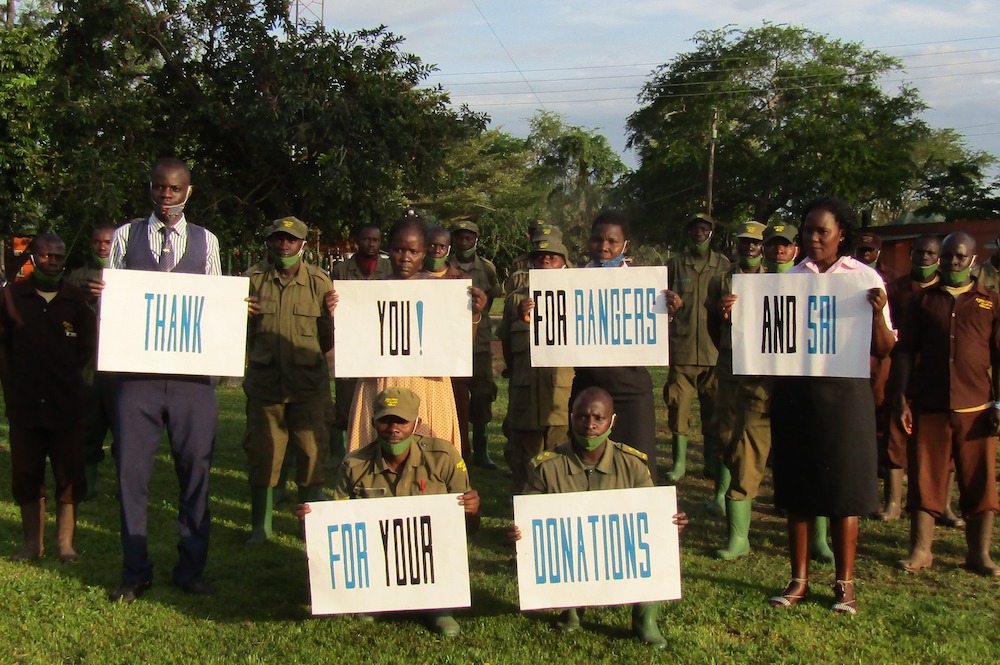More than ever, with the unprecedented effects of Covid-19, it’s up to all of us to save rhinos.
One of the biggest impacts of Covid-19 on rhino conservation has been the drastic decline in tourism. Without people visiting rhinos in their natural habitats, a major source of conservation funding has been lost. This sudden change has put enormous pressure on many rhino reserves, as they try to secure enough money to keep going. At Ziwa Rhino Sanctuary in Uganda, this has been extremely tough.
Since 2005, Ziwa has worked to re-establish rhinos in Uganda, and currently the Sanctuary is home to the country’s only breeding rhino population. While the Sanctuary does receive some funding through grants and partnerships, it relies heavily on income from tourism. This year, with the loss of tourism income, there has simply not been sufficient money to cover staff salaries, essential equipment, or food. Without this funding, jobs would be lost, communities would suffer, and Ziwa’s rhinos would be left unprotected.
Thanks to generous people across the world, the ForRangers initiative, set up to support rangers and people protecting endangered wildlife, has been able to step in and provide $32,000 since August 2020, covering ranger and support staff salaries, rations, and vehicle maintenance and fuel costs. The donation has been a lifeline for Ziwa.
While there is still a huge mountain to climb to ensure that Ziwa can continue its vital work, this donation is supporting the Sanctuary through a desperate time. Thankfully, Ziwa has been able to once again open its gates to some tourists, under strict Covid-19 protocols. As visitors begin to return, there is more hope for Ziwa to keep going, protecting Uganda’s precious rhinos.
A huge thanks to everyone that has donated to ForRangers – your support is making sure that Ziwa Rhino Sanctuary, and many other places, can pay their teams: rangers, support teams, managers. Without these people – and without your support – rhinos and other endangered animals would be left unprotected and at great risk.
In 2020, more than ever before, it’s up to all of us – wherever we are in the world – to protect rhinos through the Covid-19 crisis.









